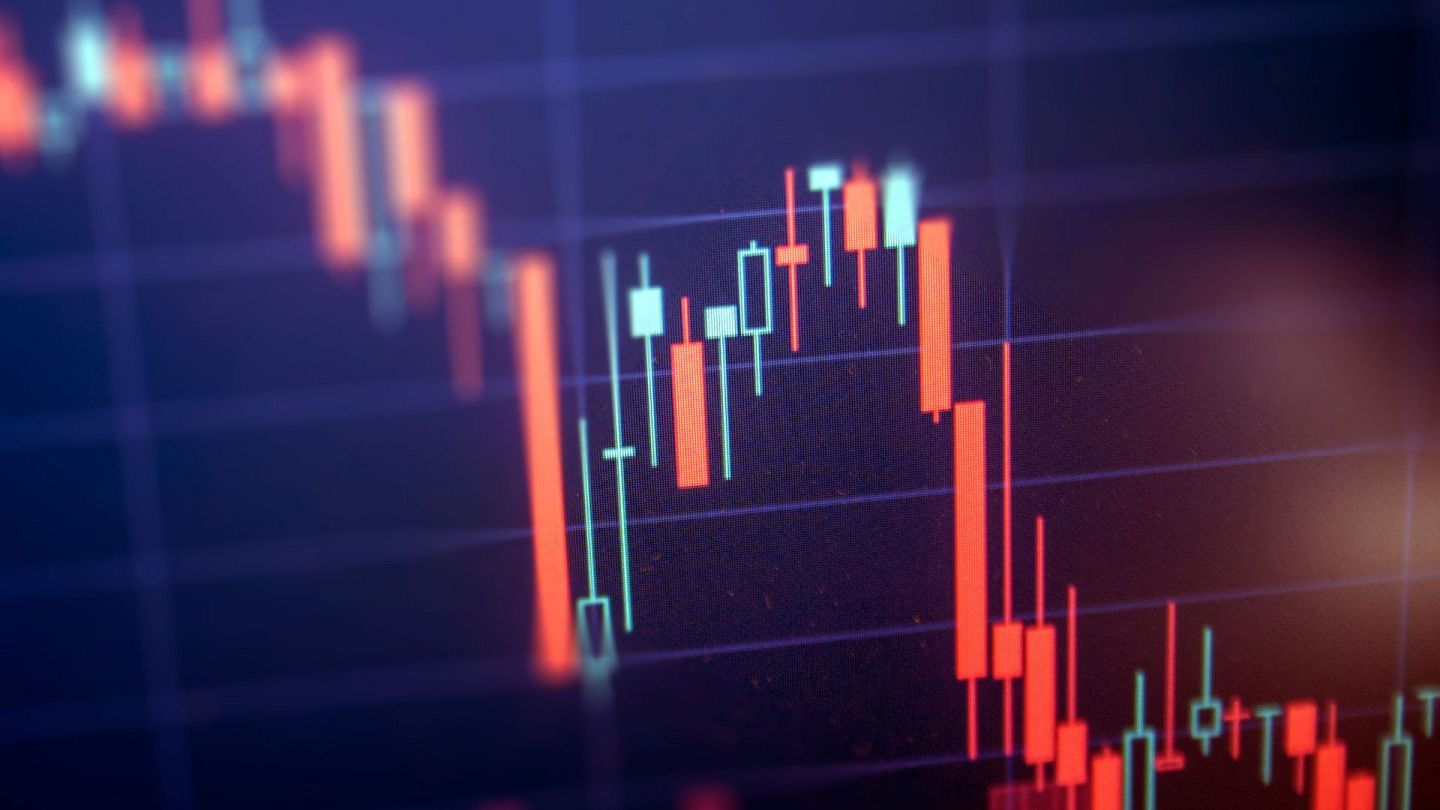Trump's tariffs triggered a global collapse: What is the situation in the markets?
Investors are expecting a domino effect on corporate profits and global inflation dynamics in trade-dependent economies. According to J.P. Morgan, the probability of recession in the U.S. and globally has now risen to 60%.
With the new tariffs imposed by U.S. President Donald Trump shaking investor confidence, a significant wave of risk aversion has spread across global markets. U.S. stocks have entered a 'bear market' (a general downward trend), with sales also occurring in Europe. The S&P 500 futures index fell below the key threshold of 5,000 points during morning trading in Europe, marking a 20% decline from its peak in February 2025. With this development, the S&P 500 index may have officially entered a bear market. The index is now aligned with the Nasdaq 100, which had already crossed this threshold due to sharp declines in technology stocks last Friday. Over the last three trading days, the S&P 500 is expected to lose 12.5% of its value. This situation is compared to some of the most dramatic declines in modern history: the October 2008 crash and Black Monday in 1987. BBVA market strategist Alejandro Cuadrado stated in a note published on Monday, "The collapse of U.S. stocks following President Donald Trump's announcement of new tariffs will find its place in history books. This development marks the fourth largest two-day decline for the S&P 500 since 1957." Cuadrado added, "Markets have clearly entered a new and extremely volatile period." Tesla shares lost more than 5% in pre-market trading, indicating a drop of over 50% from its peak at the end of 2024. The technology giants known as the 'Fabulous Seven' — Apple, Microsoft, Amazon, Alphabet, Meta, and Nvidia — have collectively lost over $2 trillion in market value in recent days. On Friday, the world's most valuable company, Apple, lost 15% of its value over three trading days, marking its sharpest decline since October 2008.
Global markets are in decline: Recession fears are growing. Asian markets also experienced historic losses. Hong Kong's Hang Seng index fell by 13% overnight, the worst daily performance since the 1997 Asian financial crisis. Japan's Nikkei 225 index dropped by over 8%. European stock markets also began to decline in the morning. The Euro STOXX 50 fell by 4%, Germany's DAX index decreased by 3.5%, while losses in Southern Europe accelerated further: FTSE MIB down 4.8%, IBEX 35 down 4.3%, and CAC 40 down 4.1%. Investors are expecting a domino effect on corporate profits and global inflation dynamics in trade-dependent economies. According to J.P. Morgan, the probability of recession in the U.S. and globally has now risen to 60%. It is noted that the new tariffs could trigger inflation domestically and lead to a chain of mutual protectionist policies. Goldman Sachs chief economist Jan Hatzius also revised his forecast, raising the probability of recession in the U.S. over the next 12 months from 35% to 45%. In a note published on Monday, Hatzius cited tightening financial conditions, an increase in geopolitical uncertainty, and signals of declining corporate investments as reasons. Hatzius stated, "Foreign consumer boycotts and a collapse in business confidence could hit capital spending harder than previously anticipated." If all announced tariffs come into effect, according to Goldman Sachs, the effective tariff rate in the U.S. will increase by about 20 percentage points. Hatzius added, "In this scenario, we expect to revise our forecast towards recession."
Europe’s dilemma: Retaliation or restraint? Meanwhile, officials in Brussels are trying to strike a delicate balance: Should they retaliate or choose to de-escalate tensions? Guido Cozzi, head of the Macroeconomics Department at the University of St. Gallen, stated, "Trump's tariffs are a declaration of a global trade war. This may be a conscious negotiation tactic — 'start tough, then back down.' But strategies that work in corporate negotiations often fail in geopolitics. International relations are governed by trust, reputation, and commitment to common rules — not shock therapy." Tomas Casas Klett, an international management professor from the same university, argued that the EU should frame its response not as a retaliation war but as a strategy to reduce tension. The professor added, "Brussels' policy objective should be to avoid deepening economic pain and stoking inflation among an already tired and radicalizing European populace." Bill Diviney, head of macro research at ABN Amro, noted that the EU's new economic coercion mechanism (ACI) remains uncertain in its application. This legal tool allows for targeted countermeasures against countries exerting economic pressure. Diviney warned of potential side effects for the European economy, particularly highlighting the risk of an influx of cheap products from Asia. Andrea Milani, interest rate strategist at Intesa Sanpaolo, stated that monetary policy now hinges on the question of whether 'growth or inflation will be prioritized.' The expert noted, "In the coming months, the direction of monetary policy will depend on whether central banks take the growth shock or the inflationary impact of tariffs more seriously. Although Fed Chair Powell has described the impact of tariffs as 'transitory,' that word has cost him dearly since the pandemic."


